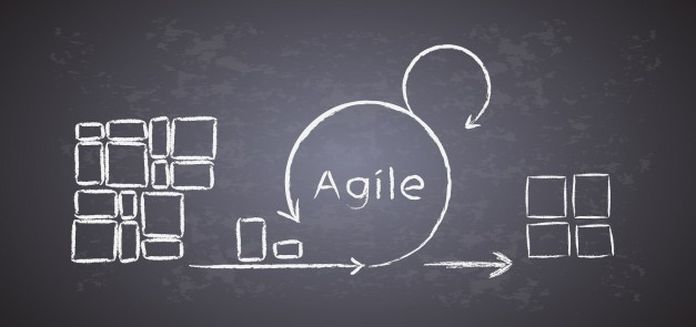- QATestLab Blog >
- QA Management >
- Team Management >
- Scrum vs Kanban
The word ‘Kanban’ is translated from the Japanese language as a ‘visual signal’. This is the methodology for visualizing a workflow. The whole scope of work is specified on the board. There are several segments that show the current status of the particular task.
Every card contains the description of the work and all other necessary information. If the task is now working on, then it will be located in ‘In Progress’ segment. After the work is done, then the card is moved to ‘Done’ column. This methodology is widely used by a software testing company.
Scrum is a kind of Agile methodology. It is also applied during Agile testing or Scrum testing. The development process according to Scrum methodology is divided into several sprints with fixed duration.
What Is the Difference Between Kanban and Scrum?
- According to Scrum methodology, every sprint takes a defined time (it can be from several weeks up to one month). Kanban does not focus on the duration but on the work cycle.
- The Backlog sheet is the basis for planning all the sprints in Scrum. The Kanban cards help to monitor the status of every task.
- Scrum presupposes the existence of three roles: Scrum Master, product Owner and Dev Department. In Kanban, there are no roles.
- Kanban is more flexible. It is possible to make any changes at any time. The situation with Scrum is totally different – if the sprint has already started, then it is impossible to make any changes.
- After finishing the sprint, the work is achieved in batches. According to Kanban, if the work is done, then it is shown by moving the cart to the proper section.
Both these agile methodologies are used by the specialists who perform mobile testing, software testing, game testing or web testing.
Learn more from QATestLab
Related Posts:
- Agile Testing Top 10 Practices: How to Improve Release Management?
- Assessing Success of Agile Project
- How to Reprogram a Mindset before Accepting Agile Principles?








No Comments Yet!
You can be the one to start a conversation.